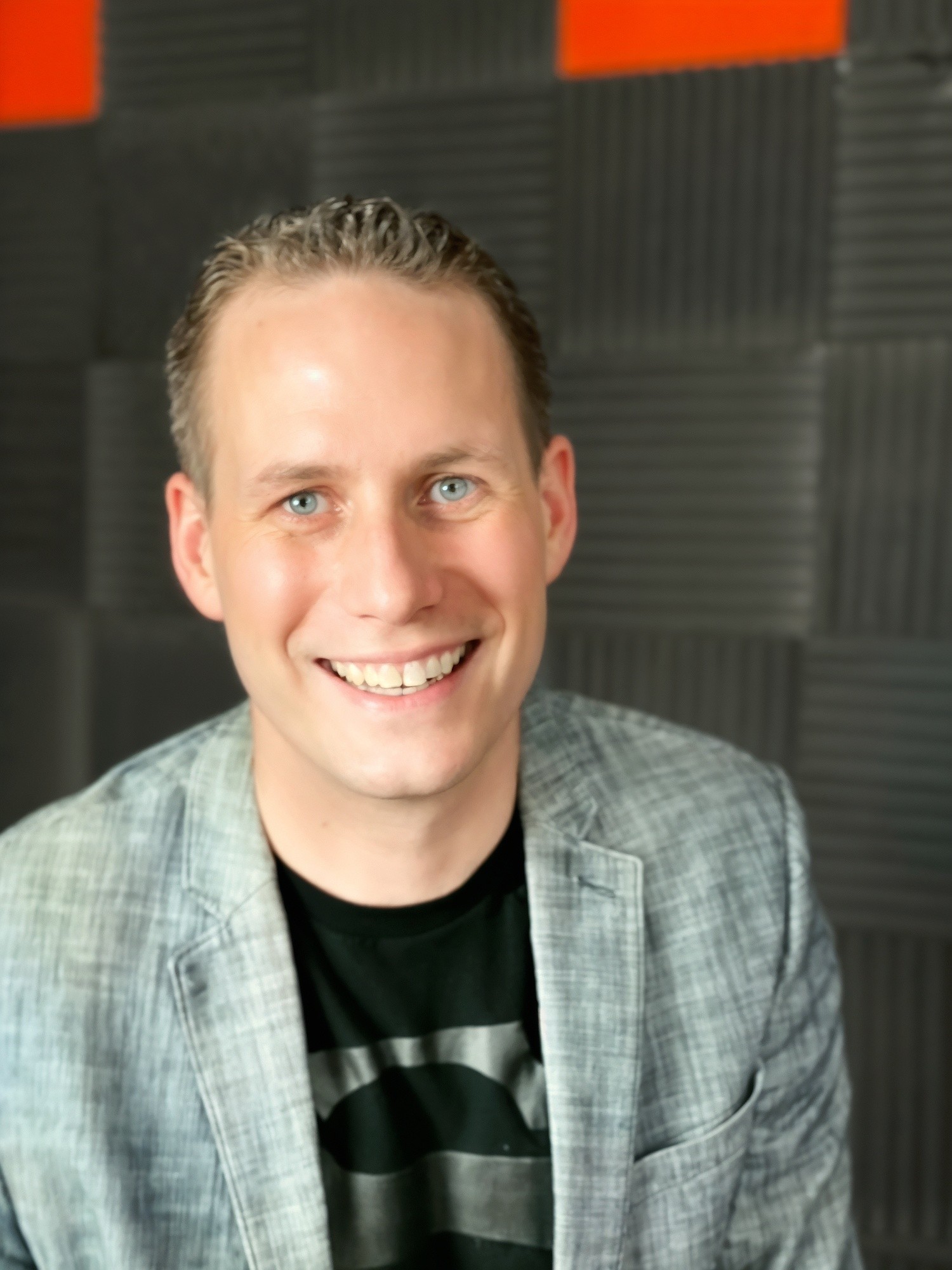FORWARD THINKING
Question
How can working on yourself outside of your craft make you better at your craft?
My Perspective
As creatives and builders, we’re often laser-focused on the craft—staying updated with the latest tools, trends, and frameworks. But in my experience, what truly levels up your career is what happens beyond the screen. It’s about working on yourself as much as you work on your projects.
Let me break it down for you.
Growth Mindset: The Foundation of Personal Development
We’ve all probably heard the phrase “growth mindset,” but it’s worth repeating because it’s one of the most powerful ways to keep improving. A growth mindset means you believe your abilities can be developed through dedication and hard work—not fixed traits. This also means that you don’t get the excuse of being just one thing. You aren’t “just a developer” or “just a designer.” You can learn and contribute across disciplines—and the best people do.
Emotional Intelligence (EQ) > Technical Skill
You could be a wizard with Figma or a master at HTML/CSS, but if you can’t communicate well with clients, handle feedback, or collaborate with a team, you’re going to hit a ceiling fast. Creating anything at scale is a collaborative process, and people skills are key. Emotional intelligence—the ability to understand your own emotions and those of others—is crucial. It’s how you navigate tricky relationships, manage stressful deadlines, and empathize with users. As you develop this skill, you won’t just solve problems—you’ll understand why those problems exist in the first place.
Adaptability: Because the Only Constant is Change
Our industry moves quickly. New tools or methods pop up seemingly every week, and the onset of AI has only accelerated this. Being adaptable isn’t just about learning new software; it’s about being open to change in general. It means you’re not rigid in your thinking, and you don’t get stuck in old ways of doing things. The more adaptable you are, the more valuable you become—not just as a creator, but as a person.
Resilience: Handling Rejection and Failure
Rejection, criticism, and failed projects are all part of the gig. If you take it personally or let it knock you down for too long, it’s going to be hard to stay motivated. That’s where resilience comes in. Resilience is about learning how to bounce back from setbacks, not letting failures define you, but realizing that failure is the best chance to learn and grow—both personally and professionally.
Mentorship and Personal Growth
While personal development is your responsibility, a mentor can accelerate that growth. Mentors push you to see things from a broader perspective, hold you accountable to yourself, and give you the feedback you need—not just on your work, but on how you can grow as a person.
Personal growth and mentorship are like a feedback loop—the more you grow personally, the more value you’ll get from a mentor. And the more you engage with a mentor, the faster you’ll develop—not just as a creator, but as a well-rounded professional.

